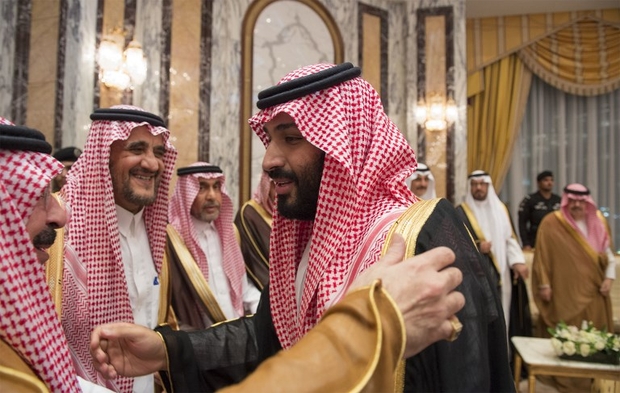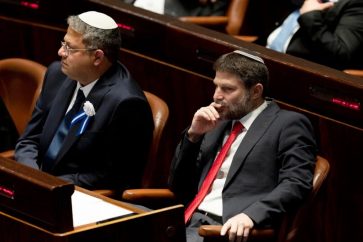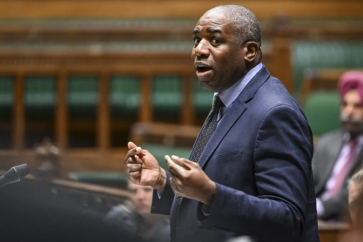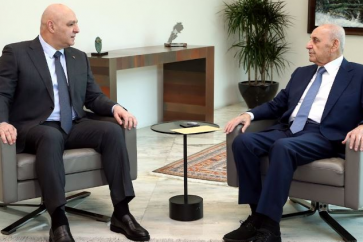Saudi Arabia is a country in crisis, from the kingdom’s contribution to more bloodshed in Yemen to its growing rivalry with Iran, as it attempts to convince the rest of the world that liberalism is expanding at home, delegates at a conference in the UK capital have heard.
As the kingdom reels from a rapid succession of developments, politicians and academics gathered in London to speak on Saturday at the “Crisis in Saudi Arabia: War, Succession and the Future” summit, attended by around 200 people and organized by the non-profit press monitoring organization Middle East Monitor.
Paddy Ashdown, the former leader of Britain’s Liberal Democratic party who once mediated in the Bosnian conflict.
described the sale of British arms to Riyadh for use in the war in Yemen and the UK’s “tacit support” for the Saudis as “shameful”.
“It is shameful that Britain is supplying weapons and indeed tacit support to Saudi Arabia when it is clearly in breach of international law in its indiscriminate attacks on civilians in Yemen.”
Jack Straw, who has served as Britain’s foreign secretary as well as home secretary, said Saudi Arabia’s defense spending is the fourth highest in the world. However, he noted that the true scale of social inequality in the country was unknown because its “absolutist” rulers have prevented scrutiny.
“We have seen a very good example of that exercise of absolutist power with the detentions on November 4 of around 200 senior Saudis now incarcerated in the most luxurious prison in the world, the Ritz, and facing allegations of systematic corruption totaling $100bn, equivalent to the whole of Saudi Arabia’s national debt,” said Straw.
Madawi al-Rasheed, a visiting professor at the London School of Economics, said, “Nothing has changed, all we have seen is a concentration of power in the hands of one man and a purge of the … regime to pave the way for the arrival of a new elite that will appropriate the resources and that is under no obligation to explain its budget or its corruption to anybody.”
Professor Ahmed al-Dubai, a Yemeni scholar, traced the historical role Saudi Arabia had played in his country, and interpreted the current conflict as an attempt to limit the progress of democratization in the wider region since 2011.
Hugh Miles, a journalist who exposed the Saudi government’s secret program to kidnap defectors and dissidents living in Europe, argued that the principal motive for the recent crackdown by Mohammad bin Salman, known colloquially as “MBS” was personal rivalry.
“The main reason for the purge is money: MBS needs to cover the deficit and he also wants to enrich himself,” said Miles.
“He was not happy with the slow pace of enrichment through normal means like defense contracts, so he decided to speed it up by seizing his cousins’ money.”
Source: Aljazeera




